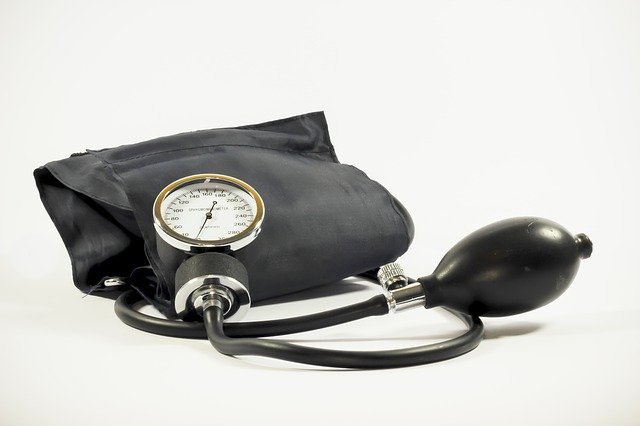
Most people’s blood pressure goes down during the night, which doctors call “dipping.”
But for some people, especially those with high blood pressure, their nighttime pressure stays the same or even goes up, called “reverse dipping.”
In a new study, researchers found that people with high blood pressure and reverse dipping may be more likely to have small areas in the brain that appear damaged from vascular disease and associated memory problems.
These results add to the mounting evidence that shows the importance of vascular risk factors in contributing to memory problems.
They also point to the potential impact of preventing high blood pressure through efforts such as maintaining a healthy weight, being physically active, and having a healthy diet.
The research was conducted by a team at Columbia University.
The study tested 435 people with an average age of 59 in Venezuela.
Their blood pressure was monitored for 24 hours at home with a device that took their pressure every 15 minutes during the day and every 30 minutes at night.
They had brain scans to look for the small areas in the brain that appear damaged from vascular disease, called white matter hyperintensities. They also took tests of their memory and other thinking skills.
A majority of the people, 59%, had high blood pressure, which was defined as a 24-hour average of more than 130/80 mmHg, or were taking medication for high blood pressure.
In half the people, the blood pressure dipped at night; in 40% it stayed the same, and in 10% it went up.
The researchers found that people with high blood pressure and reverse dipping had over twice the number of white matter hyperintensities as the other participants.
They had an average of over six cubic centimeters of these white matter changes in the periventricular area of the brain. In comparison, the other participants had an average of 2.5 cubic centimeters or less.
Those with high blood pressure and the reverse dipping had lower scores on a memory test than the other participants.
They had average scores of about 33 while the other participants had average scores of about 40. These differences in memory across groups were explained partially by the differences in blood pressure and dipping status.
The study looked at people at one point in time. It does not show that nighttime blood pressure increases cause the white matter changes and memory problems. It only shows the association.
The team says longer studies that follow people over time will be needed to determine whether these factors do indeed lead to white matter changes and memory problems.
The lead author of the study is Adam M. Brickman, Ph.D. from Columbia University in New York, N.Y.
The study is published in Neurology.
Copyright © 2020 Knowridge Science Report. All rights reserved.



